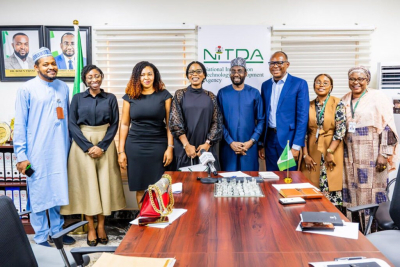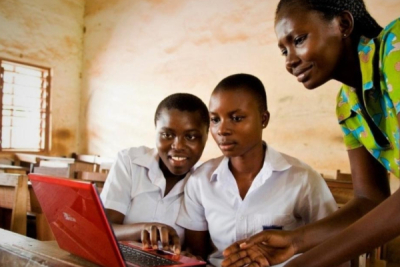- Kaspersky report warns of rising online risks tied to social validation
- The report highlights tension between digital validation and authentic connections
Social media, while a vital digital exchange space, exposes users to significant risks, a Kaspersky research recently released found. The research reveals a drive for online validation leaves many vulnerable to harassment, scams, and manipulation.
Nearly 45% of millennials, those born between the early 1980s and mid-1990s, report sharing major life events – promotions, moves, breakups – online before informing close friends or family, according to Kaspersky.
Despite this digital reliance, 55% of respondents believe in-person relationships remain more authentic, the study said. This heavy digital exposure carries consequences. More than 70% of millennials do not consistently verify the identity of their online contacts, and 64% have interacted with malicious individuals. Furthermore, 14% admit to using false names or profiles, indicating a normalization of online anonymity.
Accordion to Ruth Guest, a digital behavior specialist, there's a deep need for social validation among this generation, which grew up with digital technology. However, the pursuit of online recognition can distort perceptions. When a carefully crafted post generates a surge of positive reactions, it becomes tempting to prioritize this instant gratification over genuine, meaningful exchanges.
The study indicates these trends are amplified in Africa, where social media adoption is surging, driven by smartphone proliferation, improved internet connectivity, and a growing youth demographic. A 2024 study by Meltwater and We Are Social reported Africa had nearly 276.2 million social media users.
Kaspersky’s report arrives amid a sharp rise in African cyberthreats. INTERPOL cites online scams, identity theft, and social engineering as major concerns. Cybercriminals exploit personal social media information to enhance social engineering attacks and gain system access for ransomware deployment.
A lack of awareness and inadequate regulation in many African nations further exposes internet users to cybercriminal attacks, INTERPOL said. Social media is increasingly used for fraud, romance scams, and disinformation campaigns targeting vulnerable populations.
To mitigate social media risks, the report recommends verifying contact identities and avoiding friend requests or interactions without confirming authenticity. Protecting personal information involves limiting the sharing of sensitive data on public platforms. The use of strong, unique passwords for each account is also advised. Users should be wary of suspicious links and messages from strangers, which may be phishing attempts.
“The ease of online communication can lead to neglecting essential precautions. Verifying identities, limiting access to personal information, and learning to recognize warning signs are now crucial habits for safe internet navigation,” said Marc Rivero, a Kaspersky cybersecurity researcher.
By Samira Njoya,
Editing by Sèna D. B. de Sodji



















